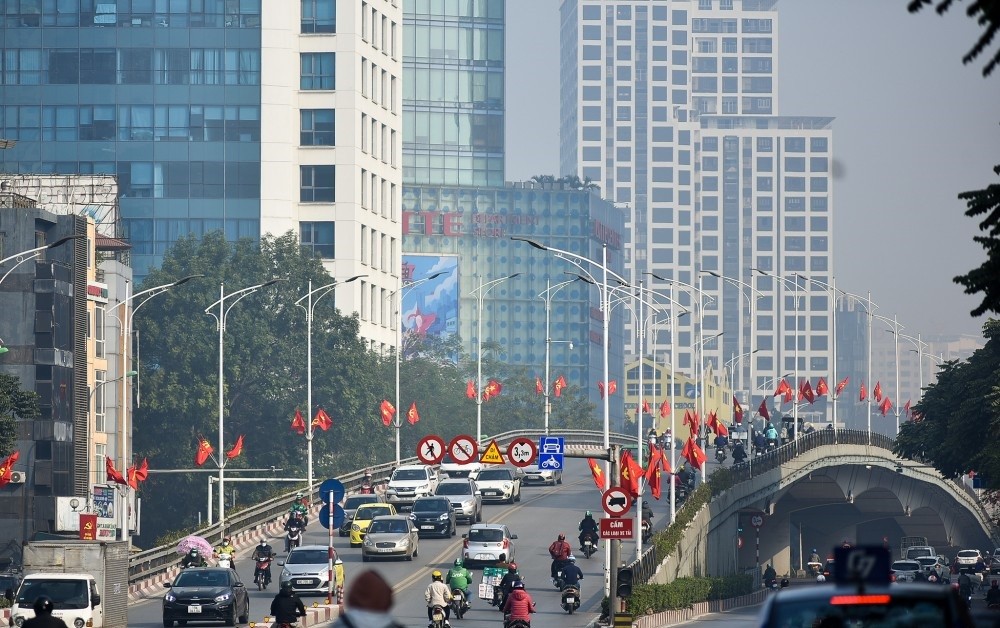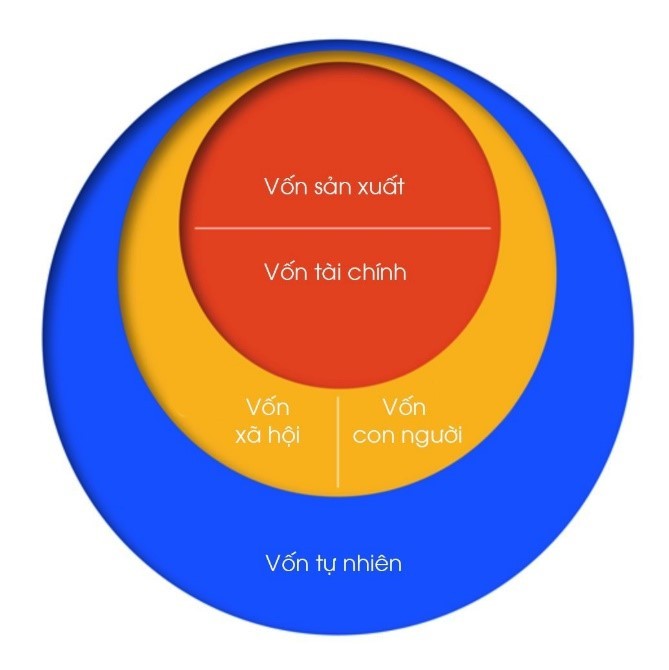
More courage and determination needed for the second economic reform
Latest
 |
| After 40 years of renovation and international economic integration, in the context of the 4th Industrial Revolution, Viet Nam has been put in a new position. (Photo: Nguyen Hong) |
The 13th National Party Congress’s documents set out key tasks and solutions to create a premise for the following terms to successfully implement the country’s strategic development goals to 2030, with a vision to 2045. Therefore, the Congress was a turning point for Viet Nam to launch the second economic reform.
Breakthroughs of the first reform
The first reform of Viet Nam economy took place in the late 1980s under the instruction of the Secretariat of the Party Central Committee’s Directive No.100 dated 13th January 1981, when the country had strong development in agricultural production and started to build the market economy.
The breakthrough success in the agricultural sector stimulated and spread to other industries towards a market economy.
After 40 years of renovation and international economic integration, in the context of the 4th Industrial Revolution, Viet Nam has been put in a new position.
Firstly, Viet Nam has become one of the most dynamic market economies in the Indo-Pacific region with the formation of 5 resources (types of capital) of the country’s economy, namely finance, nature, production, people and society.
Secondly, Viet Nam has become one of very few countries occupying an important position in the East Sea – the lifeline maritime traffic connecting the Indo - Pacific region, Europe - Asia and Middle East - Asia.
While the market economy and the agricultural sector were the breakthroughs in the first reform, which economic sector will be the breakthrough and significant point in the second reform?
 |
| Five new types of capital: finance, nature, production, people and society. |
Important factors in the second reform
According to economic strategists and resource management officials, the maintenance and development of the country’s 5 new types of capital will play a decisive role in the second economic reform in the market economy.
In that process of governance, the development of natural capital combined with productive capital will be a breakthrough that has a pervasive effect in the economy.
Natural capital is a natural asset (mainly the land) that provides input for natural resources and environmental services for economic production.
Productive capital is the collection of physical facilities, technical infrastructure and available technology to provide services and serve economic purposes. Natural capital is a valuable resource which plays a decisive role in the socio-economic development of each country.
Acknowledging the importance of this resource, the Vietnamese Party and State have always paid special attention to land management, regularly built and completed the system of guidelines, policies and laws on land management, set out and implemented basic tasks and solutions to promote land resources and meet the development requirements of the country in each historical period.
The 13th National Party Congress’s documents also set out the task: “strict management, appropriate and efficient use of land and resources”.
Invest in infrastructure
The effective use and management of land is necessary, but it is more necessary to actively invest in technical infrastructure, as a Chinese proverb says: “If you want to get rich, you must build the road first”.
In other words, if we want to achieve prosperity, develop natural capital and make land more profitable, we must invest in infrastructure, especially hard infrastructure - the inseparable and the most costly part of logistics.
In the digital economy and integration, logistics plays a decisive role for not only the quality of life, but also for the success or failure of national, regional and global supply chains.
New ways of attracting investment capital
With the new national position and regional vision, the government also needs to strengthen the regulation of policies on borrowing money for road construction, collecting toll refunds, collecting surcharges for vehicle purchases, and setting up a separate transport construction fund. The government has to reform institutions, attract investment capital in transport, and open closed markets such as railways,…
Investment capital should be shifted from traffic tolls to other directions such as borrowing capital from banks, issuing bonds and shares, collecting money from the transfer of trading rights in toll roads, etc.
Complete legal documents
The National Assembly should work with the Government to study, supplement and complete the Land Law and strictly enforce policies and laws on land for technical infrastructure development.
In particular, Viet Nam should attach the opportunity to amend the Land Law with the master plan of the transport network system, especially the planning of the national road and high-speed railway network.
At the same time, we have to renew the land use tax policy and regulations on supporting prices and compensation for site clearance, ensuring fairness and flexibility on the basis of market value.
In conclusion, the second economic reform under the instructions of the 13th National Party Congress along with the strong speed and scale of formation of the 5 basic resources in the economy will require much more courage, determination, and wisdom than in the first economic reform.
Specifically, the active management combining the development of two resources of land and transport infrastructure in the market economy will play a decisive role in the renovation process.
| TIN LIÊN QUAN | |
| Viet Nam, Suriname look to expand economic cooperation | |
| Viet Nam sent a message of a self-reliant, self-confident country to the world | |

























